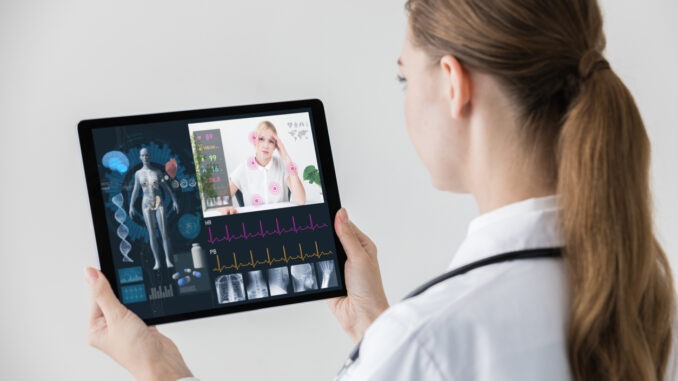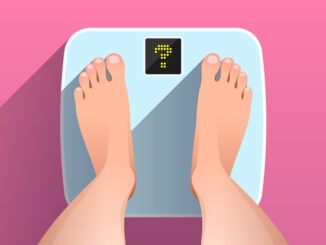
As reported by HCPLive, new research suggests patients are more comfortable discussing sensitive matters such as depression and domestic violence on a tablet or video call
A study in the US has found that digital appointments help patients disclose more important information and are more productive for primary care interactions than standard nurse-led screenings.
Data from Wake Forest School of Medicine in North Carolina, noted the greater sense of privacy for patients and concluded that implementing more digital screenings and GP appointments could help clinicians identify more patient concerns.
The investigation observed the benefit of a primary care visit-based tablet application mPATH, on screening adults for depression, fall risk and partner violence.
“Screening primary care patients for depression, injurious falls, or intimate partner violence is hampered by time pressures, staff discomfort, and patients’ reluctance to disclose sensitive information,” investigators wrote. “Self-administered screening on a tablet device could address these barriers and improve the detection of at-risk patients.”
The trial consisted of six participating practices: three family medicine and three internal medicine offices. It compared the identification of certain issues within 60 days on mPATH, compared with 60 days earlier when nursing staff asked the same questions in person.
More than double of the tablet-screened patients were positive for at least one of the three primary outcomes, compared with those who were screened by nurses.
Investigators noted the patients’ comfort in tablet-based screenings and their benefit, particularly in busy primary care clinics.
The study concluded that the findings at least warranted follow-up, as to the possibility and effectiveness of incorporating mPATH, or other tablet apps into standard screening and primary care.


Be the first to comment